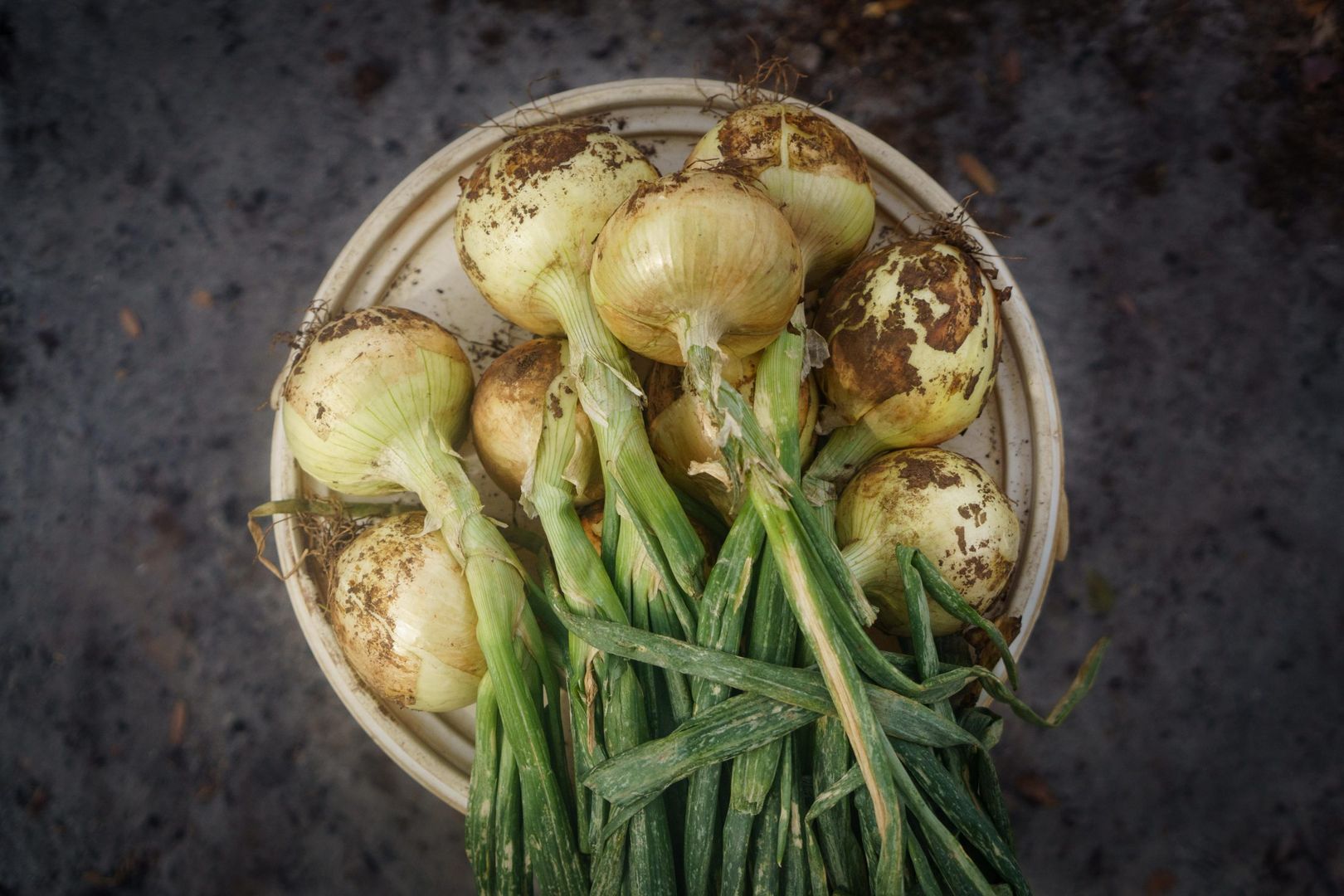DCA is adapting to, and mitigating climate change through a people centred approach.
The Issue

The Matabeleland region has insufficient rainfall patterns, drought, and limited access to resources and markets. Farmers are limited by inadequate water supply in the production of nutritional foods to meet basic dietary requirements, especially women, who carry the burden of care to ensure children are healthy and receiving proper nutrition.

The Project
DanChurchAid Zimbabwe with the support of Danish private donors, has been supporting eight village gardens in Matabeleland North and South. Drilling six solarized boreholes and facilitating knowledge transfer on adaptive gardening practices. The gardens seek to improve productivity, profitability, and help farmers adapt to the negative effects of climate change. Business training has bolstered incomes and access of new markets, improving livelihoods.

The Change
DCA reached 90 Farmers within the first year, of which more than half were women. Farmers were trained in crop husbandry, solar pump operation, crop variety, pests, disease control, conflict resolution, and COVID-19 prevention and care. The training enabled farmers to maximize production from their gardens, adopt new varieties of drought resistant and high value crops
The Results
Household income increased from USD$30 to $150 where 455 individuals benefited from the project from 2020-2022.
Our Work
Build Resilient Communities
Goal: Ensure individuals and communities adapt to climate change and enjoy resilient livelihoods, are included in green, sustainable food and market systems, benefit from policies in favour of climate justice and environmental protection.
Trends: The climate, environment, and biodiversity crises are exacerbating fragility and risk triggering large-scale displacement and migration. At the same time, food insecurity is one of the biggest challenges. Solutions are needed to secure available, accessible, adequate, and quality food for a growing population without negatively impacting the climate, environment, and human rights.
About the project
Period: 2020-2022
Budget: DKK 1,200,000 over three years
Donors: Danish Private donors


